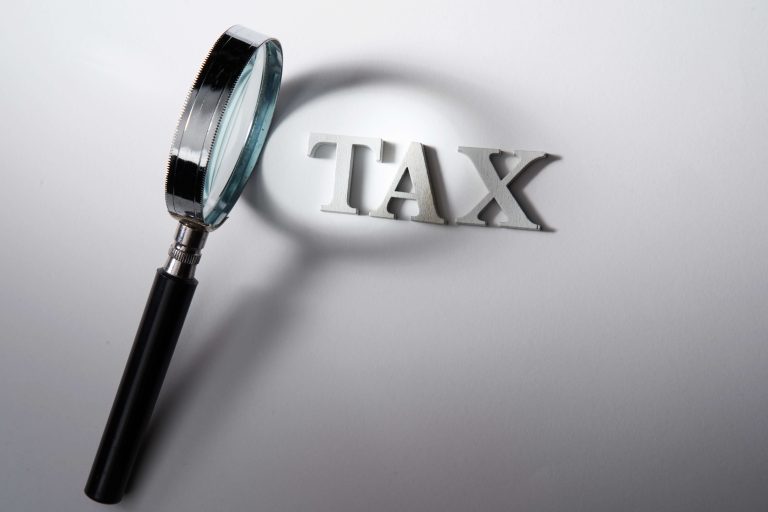A Different Kind of Succession

No, not that Succession series. Each month, we will provide a new look at property transfer topics, covering estate planning, managing inheritances, and different forms of business succession. This month, we focus on the tax implications of inheriting property.
Beyond the challenge of distributing assets and determining beneficiaries, it is essential to understand the tax implications that come with transferring assets to your heirs.
Inheriting Cash
When cash passes from the deceased to their estate and then to a beneficiary, there are typically no direct tax issues to address, assuming the cash is in Australian dollars.
Inheriting Assets
The transfer of assets after death can trigger a capital gains tax (CGT) event. However, tax rules offer some relief from CGT when someone passes away. Generally, any capital gain or loss from death is disregarded unless the asset is transferred to:
- An exempt entity (with certain exceptions, such as charities with deductible gift recipient status)
- The trustee of a complying superannuation fund
- A foreign entity where the asset is not considered taxable Australian property
If the asset is passed to the deceased’s legal representative (such as an executor) or a beneficiary who is not one of the entities listed above, the CGT exemption may apply. Once the asset has been transferred, the beneficiary will be responsible for handling any tax impact upon selling it.
Inheriting Shares
If you inherit a share portfolio listed on the ASX under your parent’s will, the tax outcome will depend on whether your parent was an Australian resident for tax purposes when he or she passed away and whether the shares were acquired before or after September 20, 1985 (i.e., pre-CGT or post-CGT).
- If your parent was an Australian resident and acquired the shares post-CGT, the cost base will typically be based on the original purchase price. For instance, if your parents bought BHP shares at $17.82 in January 1997, the capital gain upon selling will be calculated from that cost.
- If your parent was a resident and acquired the shares pre-CGT, the cost base will generally reset to the market value at her time of death. For example, if the shares were valued at $45.96 at the time of death, that value is used to calculate any future gain or loss.
- If your parent was a non-resident when he or she died, the cost base is typically taken as the market value at the time of her death.
Managing inherited shares can be complex, as share prices, allocations, and companies can change over time. What once seemed like a small portfolio can grow significantly in value over the years.
Inheriting Property
If you inherit an Australian residential property, for tax purposes, you are deemed to have acquired it at the date of your parent’s death.
Generally, the executor or beneficiary inherits the cost base of CGT assets (such as a house), but this may vary, especially for pre-CGT properties or those that were the deceased’s main residence.
Certain rules allow beneficiaries or estates to access a partial or full main residence exemption:
- If the property was your parent’s primary residence before his death, it was not used to generate income, and your parent was an Australian resident for tax purposes, a full CGT exemption might apply if:
- The property is sold within two years of his death, or
- It was the main residence of a qualifying person, such as the deceased’s spouse or a beneficiary, until it was sold.
For example, if the house was your parent’s main residence and you sell it within two years of his death, no CGT will apply. If you sell it after ten years, CGT may apply depending on how the property has been used since his death. In certain circumstances, such as a contested will, an extension beyond the two-year period may be possible.
If your parent was living elsewhere but still treated the home as his or her main residence (e.g., he was in a retirement village but kept the house as his main residence for tax purposes), a full exemption might still apply.)
If your parent was a non-resident for tax purposes, the cost base for CGT is usually based on the purchase price if they acquired the property post-CGT.
Inheriting Foreign Property
If you inherit foreign property or assets from someone who was a non-resident, the cost base is generally determined by the market value at the time of death. For example, if you inherited a house in the UK, the cost base will be its value at the date of your uncle’s death.
If a taxable gain arises upon selling the property, you will need to assess if the CGT discount applies, but the discount might be less than 50%. If the gain is also taxed in the country where the property is located, a tax offset may help reduce the amount of tax payable in Australia.
Managing inherited assets can be complicated. If you need help with estate planning or understanding the tax implications of an inheritance, feel free to reach out to Bates Cosgrave.